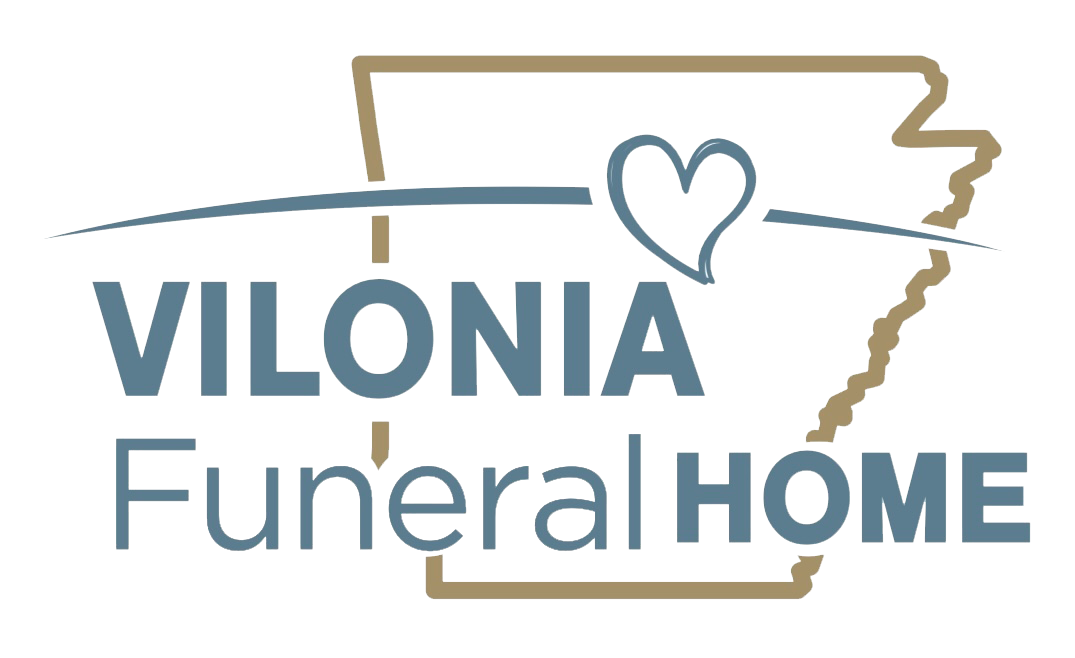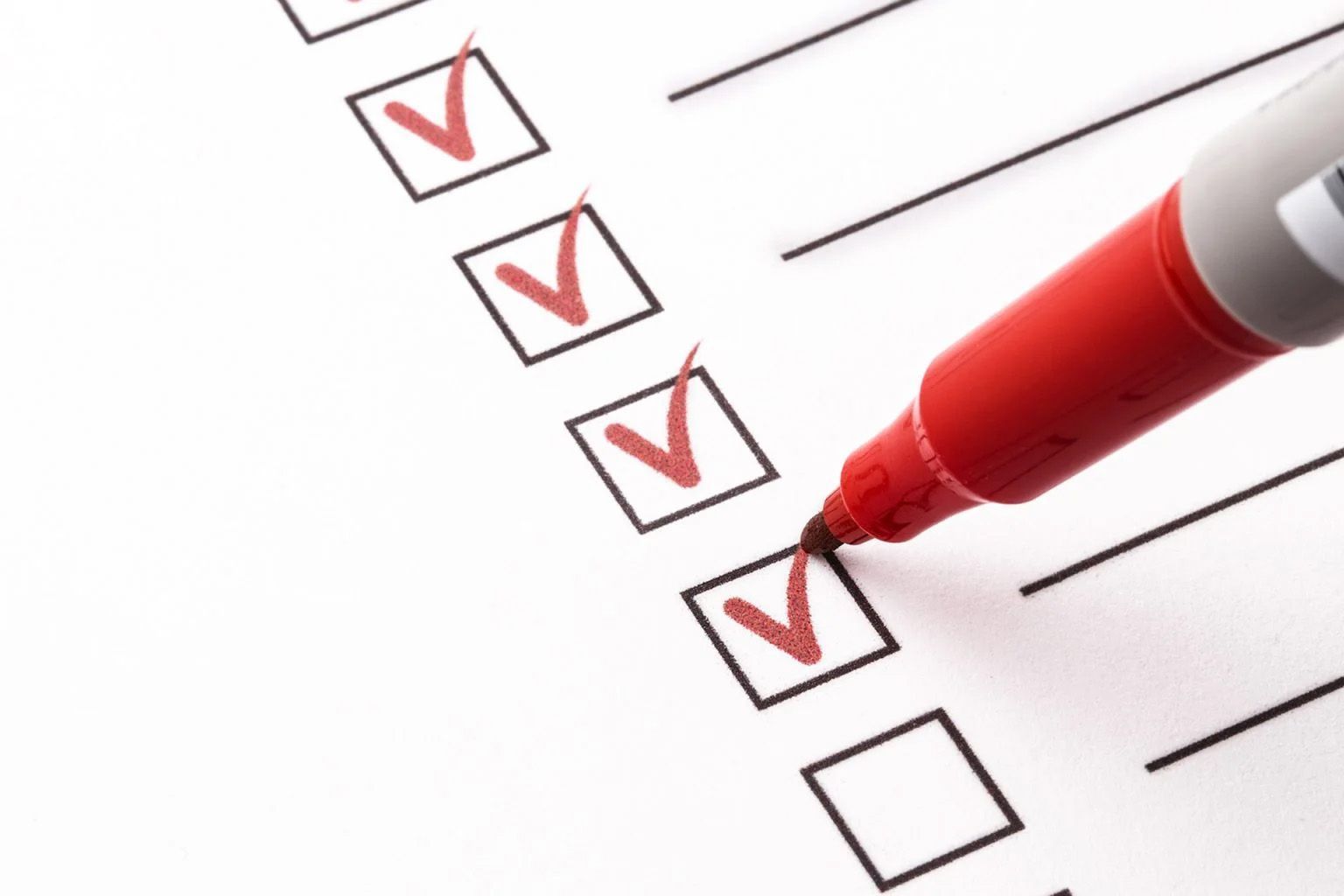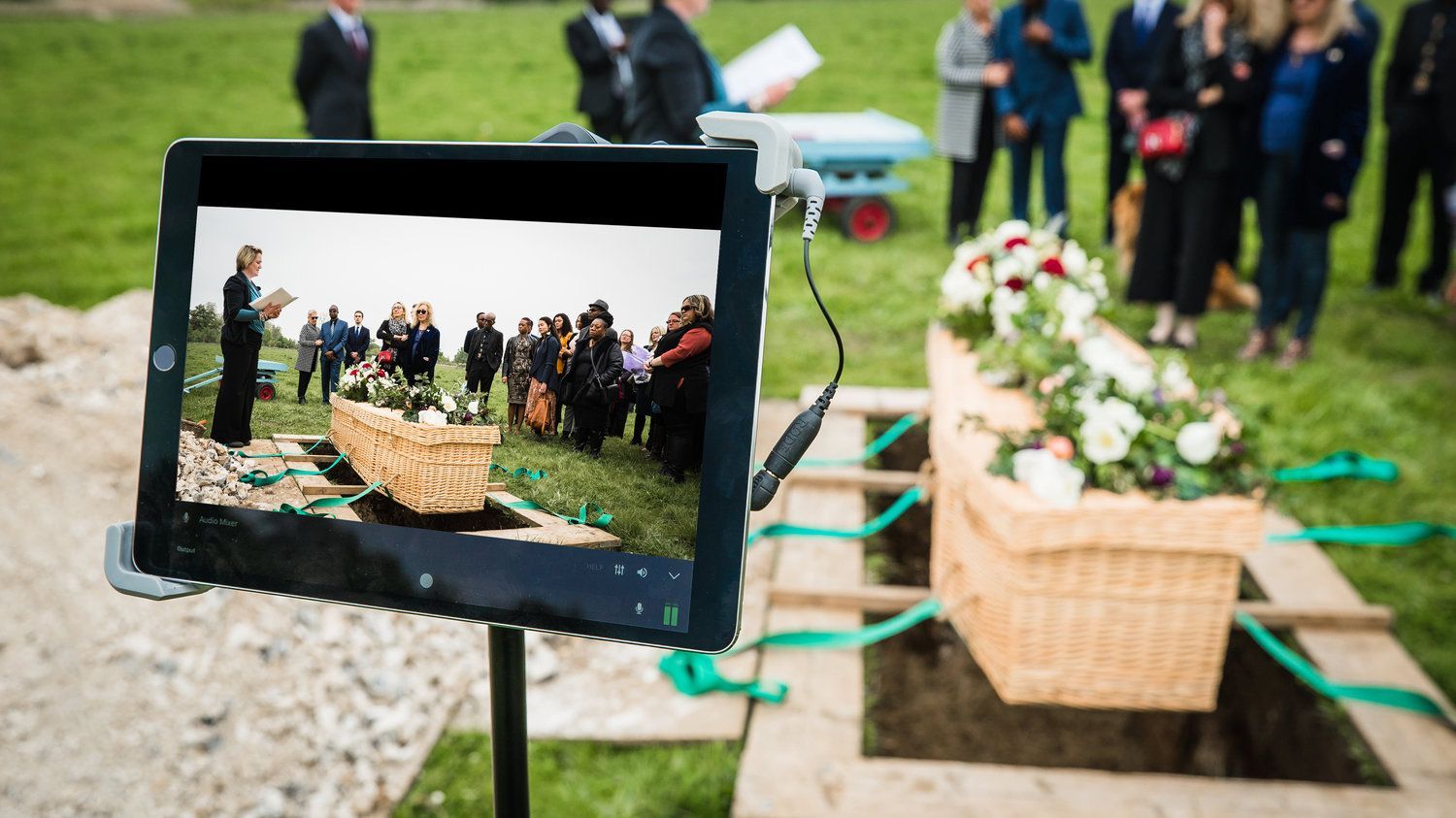What To Do When Someone Dies

If Someone Dies Under Hospice Care – When someone passes away, contact the Hospice group that is taking care of your loved one. Then call the mortuary when you are ready for us to come.
If Someone Dies at a Care Facility (hospital, nursing home, assisted living, etc.) – The staff at the care facility will ask you which mortuary that you prefer and they will handle the arrangements of contacting the funeral home.
If Someone Dies Unattended at Home, Work, Vehicle, etc. – If someone passes away unattended (meaning no one was around when they passed away), or the death was an accident, or the death was a suicide, then call the police immediately and they will handle the arrangements of contacting the mortuary when they are ready for us to come.
Was There a Pre-Arranged Plan in Place – If you do not know whether the deceased had made and paid in advance for funeral and burial arrangements, call local and nearby funeral homes and ask if they have any record of such arrangements. Be sure to examine all papers of the deceased and look for funeral and burial contracts. Neglecting to check out the possibility of such arrangements, could result in unnecessary expenditure for survivors.
Was The Deceased a Veteran – The spouse of a veteran, or a dependant child of a veteran, check immediately after the death with the nearest Veterans Affairs office, to determine (if you don’t know already) whether the deceased is eligible for burial in a national cemetery. Check also on what payments are available for funeral and burial expenses. In addition, ask if a grave marker or headstone is provided. Generally, a survivor is eligible to receive an American flag to use in the funeral and to keep afterwards. If you are the surviving spouse, or a dependant child of the veteran, ask about survivor benefits.
Social Security – If the deceased was a participant in the Social Security Systems, contact your nearest Social Security office as soon as possible after the death and apply for any benefits that might be payable to eligible survivors. Also, apply for the lump-sum death benefit.
Life Insurance – Contact all life insurance companies with which the deceased had policies and file claims for payment.
Death Benefits – Collect from insurers any funeral/burial/death benefits payable to survivors.
Work Benefits – Check with the deceased’s present and all previous employers to determine what benefits, if any, might be payable to survivors. Such benefits might include life insurance, accidental death insurance, pension benefits and payments under Workers Compensation Insurance. Also, be sure to collect pay for any vacation and applicable sick leave accumulated but not taken by the deceased.
Labor Union – Contact the deceased’s employee’s labor union and collect any death or survivor benefits due. For example, ask whether the labor union provides any financial assistance with funeral or burial expenses for the deceased, or with living and educational expenses of the survivors.
Accidental Death Insurance – If the death was an accident, check with the company with which the deceased carried medical/health insurance. Free accidental death and dismemberment insurance, is sometimes provided to those participating in group medical/health insurance. Free accidental death and dismemberment insurance might also be sponsored and administered in an organization, other than the medical/health insurance company, such as sponsored and administered by the National Association of Government Employees. If the death was an accident, normally payment will be made to the designated beneficiary.
Pension & Retirement – File for any pension/retirement benefits due to the survivors of the deceased.
Life Insurance with Credit Unions – Check with community credit unions, credit unions at all places where the deceased has been employed and possibly other credit unions, to see whether he or she had deposits or life insurance there. If so, discuss payment of money in the accounts and apply for insurance benefits.
Automobile or Homeowner’s Insurance – Check with insurance companies which the deceased had automobile insurance and homeowner’s insurance to determine whether any death benefits such as payment of funeral and burial expenses are payable under policies.
Automobile Club – Check with the deceased’s automobile club to see if any life insurance, or other benefits are due to the survivors.
Credit Card Companies – Check with all credit card companies with which the deceased held credit cards and apply for any death benefits that are due. For example, some credit card companies automatically carry accident life insurance on card holder. The insurance may be collected by survivors, for example, if the cardholder had charged his or her airline ticket on the credit card and was subsequently killed in a crash of the aircraft, or died within a specified time following the accident.
Medical Claims – Submit any medical claims for the deceased to health insurance companies, and/or Medicare for payment or reimbursement.
Debts – Check on all debts of the deceased. Some debts may carry credit life insurance that will pay the outstanding balance of the debts.
Insurance Companies – Notify the deceased’s insurance companies of the death; cancel policies, if appropriate (or remove the name of the deceased from the policy, if appropriate) and request refunds of premiums. Such insurance may include automobile, personal property, medical, disability, homeowners and others. Discuss the above with the deceased’s insurance agent(s) before taking any action.
Cancelling Goods and Services – Cancel orders for unwanted goods and services ordered by the deceased and collect any applicable refunds.
Season Tickets – Turn in season tickets that were held by the deceased (for sports events, symphonies, ballets, etc.) and request refunds.
Cancel Magazine Subscriptions – Cancel unwanted magazine and newspaper subscriptions, or book club memberships held by the deceased and request refunds.
Cancel Memberships in Clubs – Cancel memberships in clubs and organizations to which the deceased belonged and request refunds.
College Students – If the deceased was a college student, cancel enrollment and request refunds of payments for such things as tuition, room and board, laboratory fees and activity fees.
Rental Properties – If the deceased was renting a living accommodation for himself or herself only, contact the landlord and cancel the lease. Ask for any applicable refunds, such as the security deposit and rend paid in advance.
Income Taxes – Check copies of the income tax returns filed recently to determine if any refunds are due. If the refunds are not received, you will know to follow up. (check with your lawyer, tax accountants, IRS and state Tax Office for instructions on filing final tax returns for the deceased)
Death by Fault of Another – If the death of the deceased was the fault of someone else, check on the possibility of benefits payable under liability insurance carried by the person at fault. Also, consider whether a lawsuit should be brought against the responsible party. Consult your lawyer.
Debt Owed to the Deceased – Collect the total amount, or accept periodical payments for the debts owed to the deceased.
Caution of Those Wanting to Help – Be cautious of strangers offering to help during your bereavement, particularly those wanting to help you handle or invest your money. Put off making major financial decisions (if at all possible) until the moment your mental state will allow you to think clearly and logically.
Loss of Benefits if Remarried – If the deceased was your spouse, check with all appropriate sources of survivors benefits to determine whether you will lose your benefits if you remarry. After receiving the necessary information, you can, in time, make an informed decisoin on remarriage.








